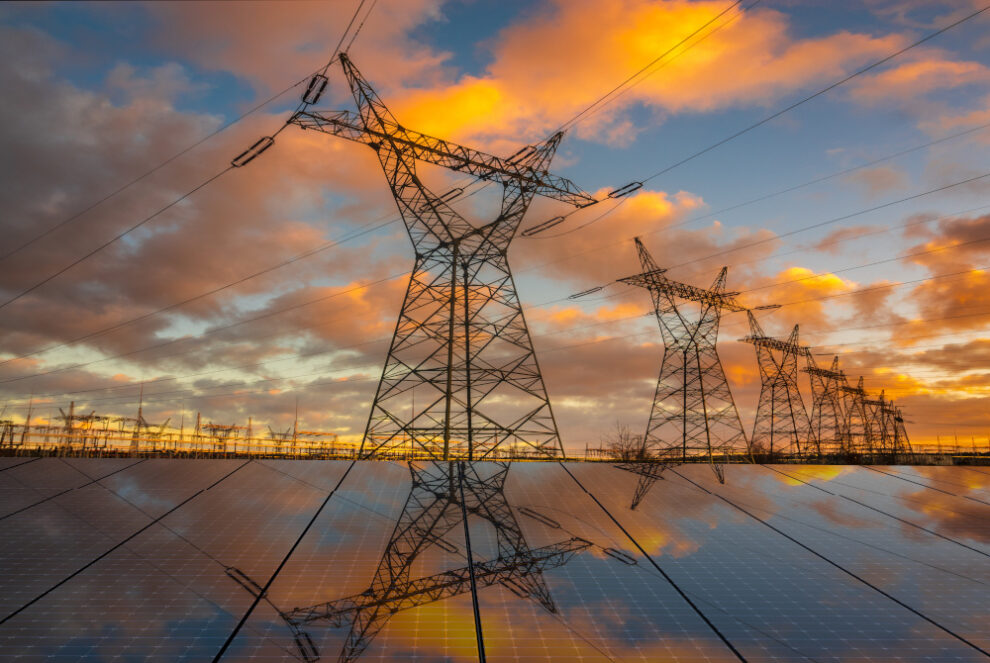Exploring the Interconnectivity of Slovenia’s Energy Market with Neighboring Countries
The interconnectivity of Slovenia’s energy market with neighboring countries is a vital aspect of the nation’s energy security and economic development. As a small, open economy, Slovenia relies heavily on energy imports to meet its domestic demand.
The country’s strategic location at the crossroads of Central and Southeast Europe makes it an important hub for energy transit and regional cooperation. In recent years, Slovenia has been actively working to strengthen its energy ties with neighboring countries, including Austria, Croatia, Hungary, and Italy, through various initiatives and projects aimed at enhancing the security, efficiency, and sustainability of the regional energy market.
One of the key aspects of Slovenia’s energy interconnectivity is the electricity market. The country is a member of the Central and South-Eastern European Electricity Market (CSEEM), which aims to create a single, integrated electricity market in the region. This initiative involves the harmonization of market rules, the development of cross-border transmission capacities, and the implementation of market coupling mechanisms to facilitate the efficient exchange of electricity between participating countries. Slovenia has also been actively participating in the EU’s efforts to establish a single European electricity market, which would further enhance the country’s energy integration with its neighbors.
In addition to electricity, natural gas is another important component of Slovenia’s energy interconnectivity. The country is connected to the European gas network through pipelines from Austria, Croatia, and Italy. This enables Slovenia to import natural gas from various sources, including Russia, Norway, and the Netherlands, as well as liquefied natural gas (LNG) from global markets. The diversification of gas supplies is crucial for ensuring the country’s energy security and reducing its dependence on any single supplier.
One of the major projects aimed at enhancing Slovenia’s gas interconnectivity is the construction of the Ionian-Adriatic Pipeline (IAP), which would connect the country to the Southern Gas Corridor – a strategic initiative aimed at bringing gas from the Caspian region to Europe. The IAP would run from Albania, through Montenegro and Bosnia and Herzegovina, to Croatia, where it would connect with the existing gas network in Slovenia. This project would not only improve the security and diversity of gas supplies in the region but also create new opportunities for economic cooperation and investment.
Another important aspect of Slovenia’s energy interconnectivity is the development of renewable energy sources and the promotion of energy efficiency. The country has set ambitious targets for increasing the share of renewables in its energy mix and reducing greenhouse gas emissions, in line with the EU’s climate and energy goals. To achieve these objectives, Slovenia has been actively cooperating with its neighbors on various projects aimed at promoting the use of renewable energy sources, such as solar, wind, and biomass, as well as improving energy efficiency in buildings, industry, and transport.
One example of such regional cooperation is the Central European Green Corridors (CEGC) initiative, which aims to create a network of fast-charging stations for electric vehicles along the main transport corridors in Central and Southeast Europe. This project, which involves Austria, Croatia, Hungary, and Slovenia, is expected to facilitate the cross-border mobility of electric vehicles and contribute to the decarbonization of the transport sector in the region.
In conclusion, the interconnectivity of Slovenia’s energy market with neighboring countries plays a crucial role in ensuring the country’s energy security, economic development, and environmental sustainability. By actively participating in regional initiatives and projects, Slovenia is not only enhancing its own energy resilience but also contributing to the creation of a more secure, efficient, and sustainable energy market in Central and Southeast Europe.
Source : Energy Portal















